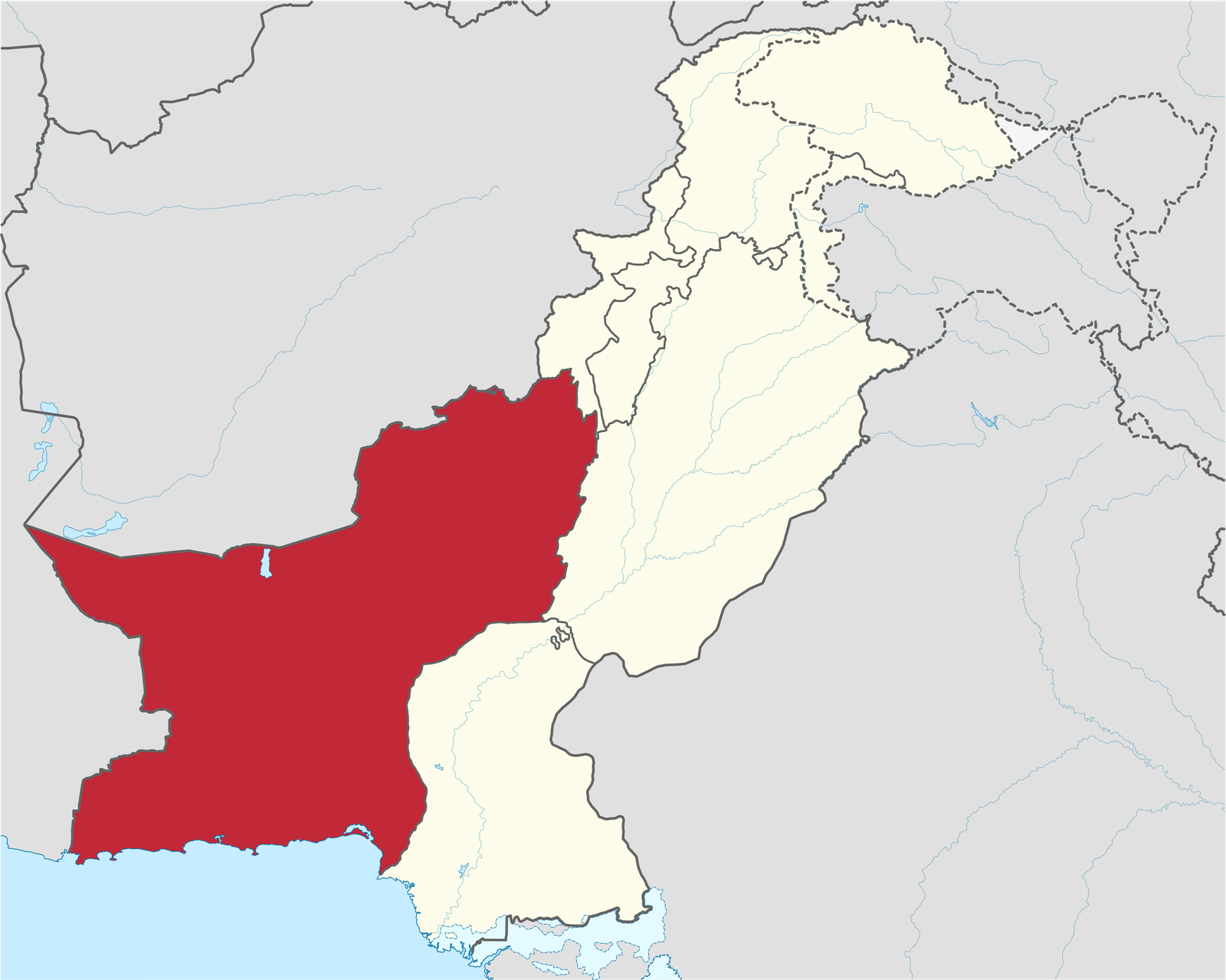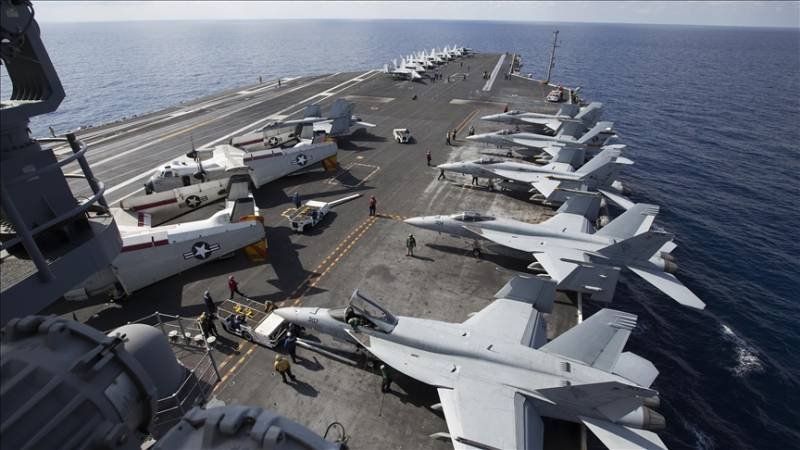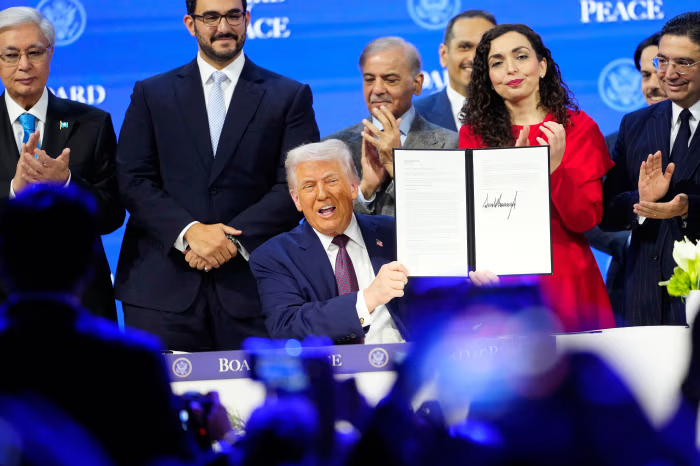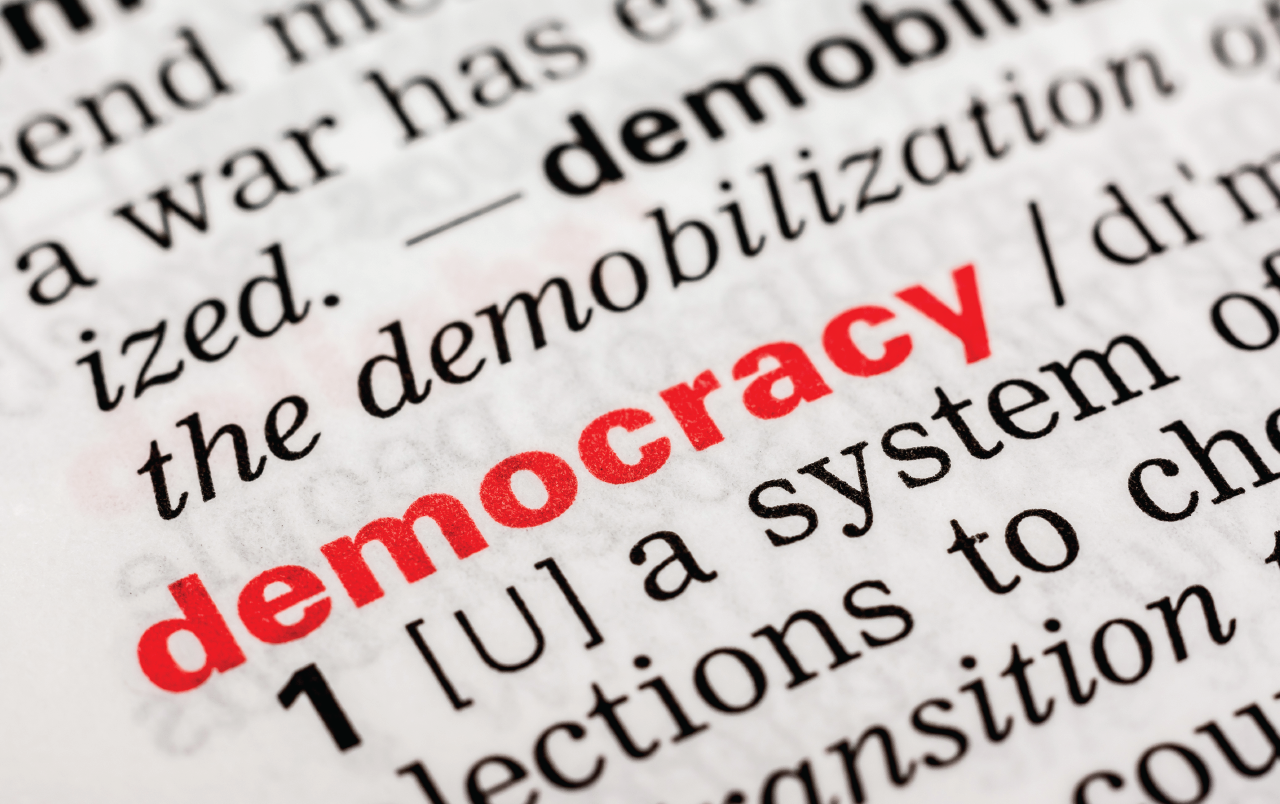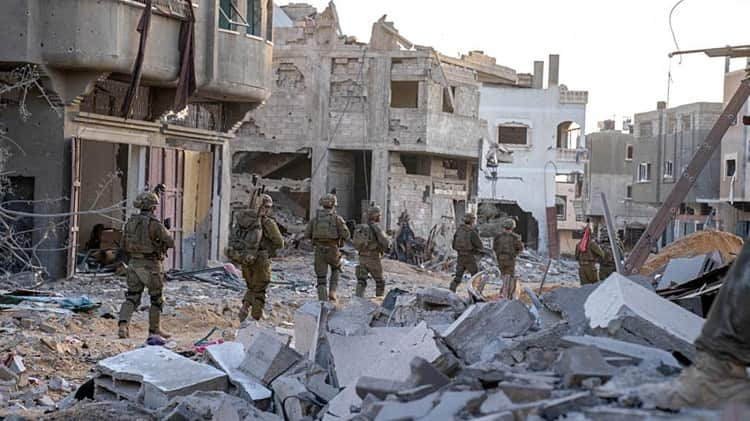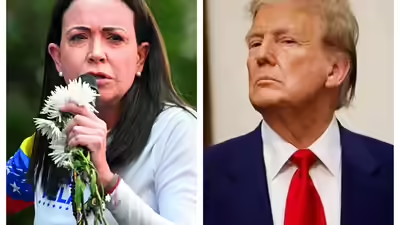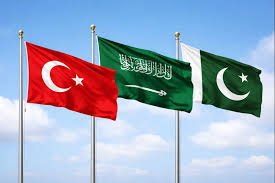Editorial
Pakistan’s foreign policy achievements over recent months show a country determined to shape global conversations on peace and security. By strengthening ties with China, reviving relations with Russia, engaging the United States, and building stronger bonds with Saudi Arabia, Turkey, and other Muslim nations, Islamabad has gained diplomatic visibility. From its role in Gaza peace efforts to defence agreements with Riyadh and economic partnerships with Beijing, Pakistan is now seen as a relevant player in world affairs.
Yet, diplomacy cannot stand without economic stability. While global goodwill has increased, Pakistan struggles to translate it into sustained investment and trade partnerships. The IMF’s ongoing programmes underline the persistent weaknesses of governance, tax reforms, and regulatory discipline. Corruption, weak institutions, and delayed reforms continue to discourage investors despite the Special Investment Facilitation Council’s efforts.
The challenge before Pakistan is to connect its external success with domestic renewal. If Islamabad can ensure fiscal discipline, broaden its tax base, and prioritize health, education, and infrastructure, then foreign partnerships can bring real dividends. Investment incentives, strong regulatory frameworks, and judicial reforms will be crucial to attract long-term global capital.
Diplomacy may create opportunities, but only sound governance will secure them. Pakistan must match its diplomatic energy with structural reforms at home to become not just a regional influencer but also an economic power that commands respect.



